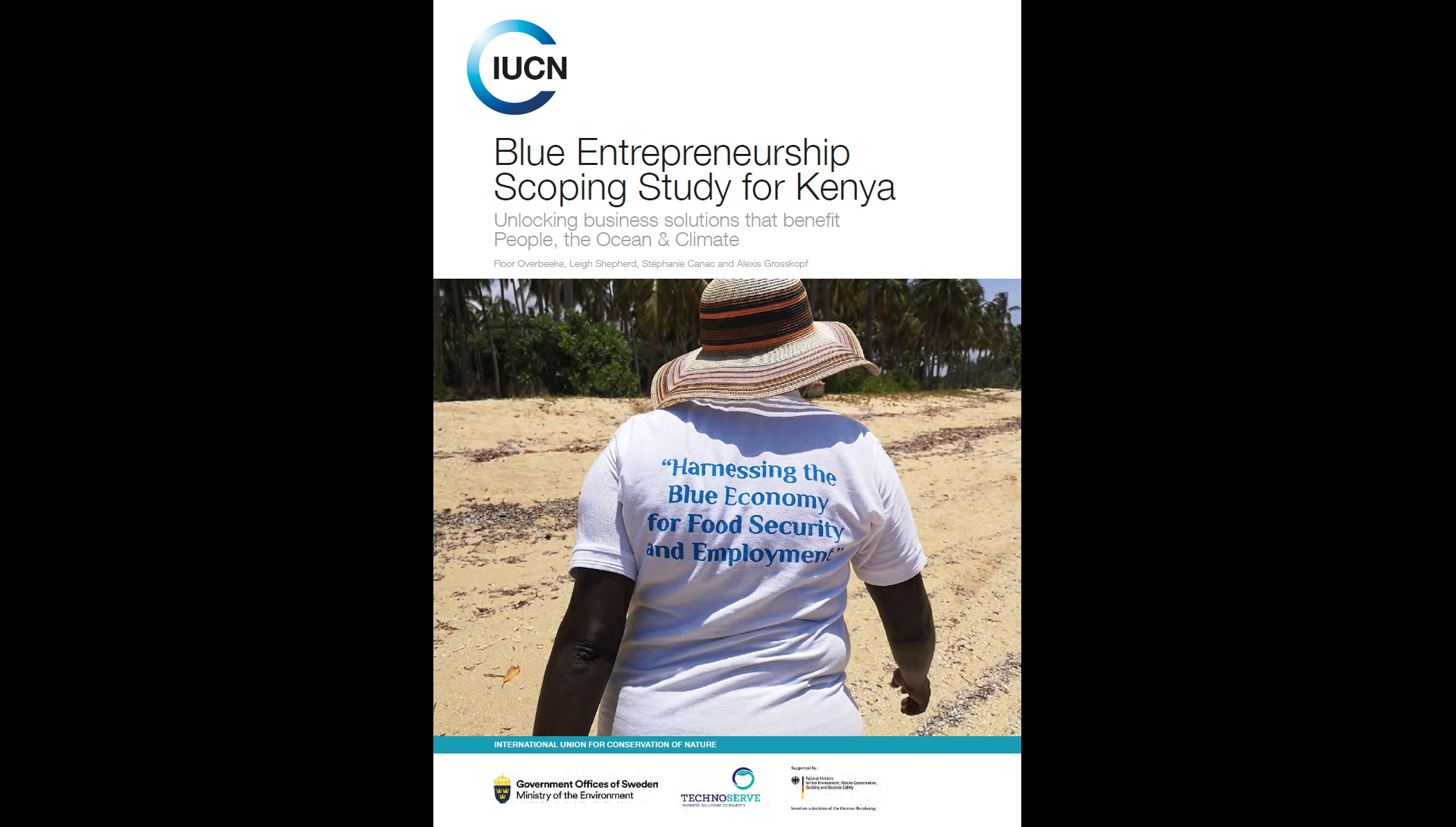Gathering ideas and recommendations from local stakeholders in Menorca to develop an Action Plan for plastic reduction
Meetings held in the context of the “Plastic Waste-Free Islands Med” project are bringing together local NGOs, the private sector and the Insular Council of Menorca to discuss key issues affecting plastic waste generation on the island. From 29 June to 6 July, participants of the Working Group provided feedback and recommendations on the results obtained by the project after applying the Plastic Pollution Hotspotting Methodology, co-developed by UNEP and IUCN. Feedback will be used to develop an Action Plan for the island and to implement new interventions.

Photo: pxfuel
The importance of building a community of best practices for plastic abatement
The Balearic Islands Waste and Contaminated Lands Law (2019) is considered a pioneering legislation with ambitious targets that go beyond the EU Directive 2019/904. The regulatory framework of the Balearic Islands, which has been echoed by other countries, places waste prevention as a top priority, including clear and binding reduction targets for the generated waste. By adopting this law, the Balearic proved that Circular Economy should not be limited to recycling but also support a real transition towards zero waste.
However, complying with these new environmental regulations will require greater resource allocation and growing awareness among the local population, as suggested by the Working Group meetings in Menorca. For example, the issue of the poor drinking water quality on the island and how this causes a major consumption of bottled water was raised by several stakeholders. A considerable public investment will be needed to install water refill stations with filtered drinking water in order to avoid the consumption of single-use plastics.
Participants also expressed concerns about the issue of plastic waste deriving from building and farming activities, and affecting the soil biodiversity of the island.
 Photo: alessia_iovinelli
Photo: alessia_iovinelli
Private sectors request guidance and clear indicators
From the waste management sector, to the tourism and fishery industries, several actors from the private and business fields attended the meetings in Menorca, and expressed their interest in contributing to the process. In fact, packaging, tourism and fisheries were identified as the highest contributing sectors to marine plastic leakage after applying the Plastic Pollution Hotspotting Methodology in Menorca.
Among other requests, the interventions of the private sector suggested compiling a manual of best practices and building a community to share learnings frin the tourism sector, as well of establishing indicators to measure the improvements in plastic waste reduction related to tourism infrastructures.
The future Action Plan for Menorca will include recommendations for the tourism, fisheries and waste management sectors to close the plastic tap throughout the value chain, with a collective framework and a timeline for implementation. Key regional bodies will be equipped with the Action Plan and supported to identify further opportunities to enhance its application.
Overall, the stakeholders highlighted the importance of prioritising the reuse over recycling, reducing plastic waste at the source and addressing the issue across the entire value chain.
Active participation of local groups, NGOs and universities
The PWFI Med project, funded by the Didier and Martine Primat Foundation, is coordinated by IUCN Med and is supported by a consortium of local organisations, the Plastic Free Menorca Alliance, which is made up of the Menorca Preservation, the Socio-Environmental Observatory of Menorca (OBSAM), the GOB Menorca, the Associations Leader Illa de Menorca and Per la Mar Viva.
The Working Group meetings were also the opportunity for the presentation of the results of a thesis research "An economic assessment of a deposit-refund system (SDDR) as a circular economy solution to decrease plastic leakage in Menorca", conducted by a Master student (Estefania Sanabria) of the University of Ghent, as part of the socio-economic assessment component of the PWFI Med project.
https://www.linkedin.com/feed/update/urn:li:activity:6817839914495827968/
The Waste Management Working Group meeting also generated discussions about the viability of a deposit-refund system in Menorca and its possible challenges, based on the experience of a pilot project in the island of Formentera.
For further details, please contact Alessia.Iovinelli@iucn.org



